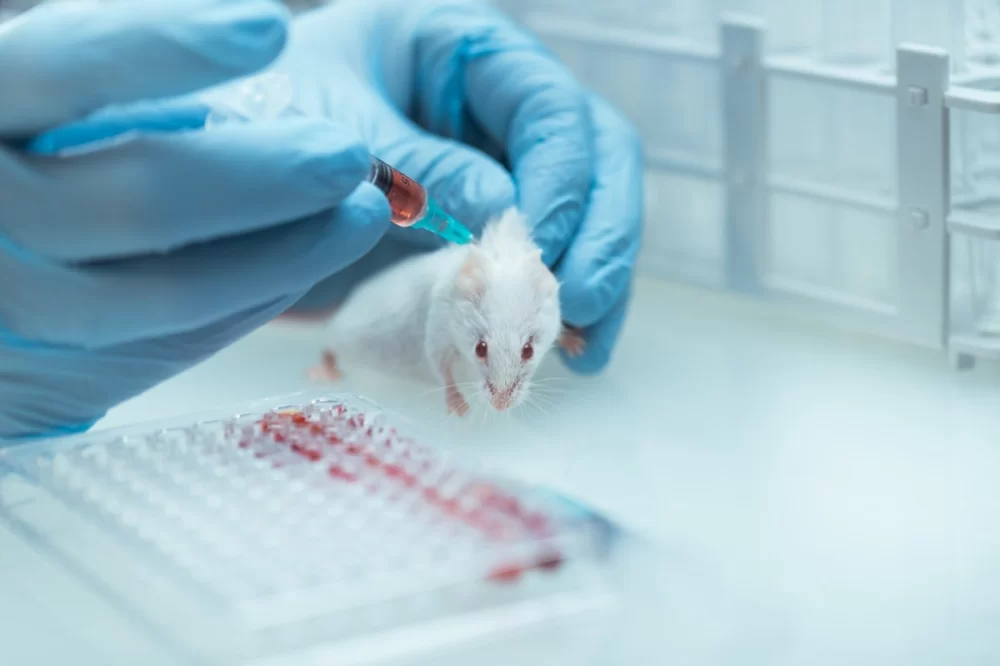
Animal Testing Ban Legislation: What It Means for Ethics, Industry, and Innovation
- the-rise-of-animal-testing-ban-legislation
- why-governments-are-pushing-cruelty-free-laws
- how-animal-testing-ban-legislation-impacts-industries
- real-case-europe-s-ban-on-cosmetic-animal-testing
- challenges-faced-by-developers-and-researchers
- legal-guidance-for-animal-testing-compliance
1. The Rise of Animal Testing Ban Legislation
Over the past two decades, animal testing ban legislation has gained significant momentum worldwide. Governments, spurred by public advocacy and advances in scientific methods, are placing tighter restrictions on animal testing in industries ranging from cosmetics to pharmaceuticals.
The core idea behind such legislation is the belief that animal welfare should not be sacrificed for product safety, especially when viable alternatives exist. This shift marks a critical intersection between ethical responsibility and scientific innovation.
2. Why Governments Are Pushing Cruelty-Free Laws
2.1 Growing Public Awareness
Social media and documentaries have spotlighted inhumane treatment of animals in labs, leading to widespread consumer demand for cruelty-free products. Governments are reacting to this cultural shift by implementing stricter animal rights regulations.
2.2 Scientific Progress
Innovations such as organ-on-a-chip, computer simulations, and cultured human tissue now offer safer, faster, and more accurate alternatives to animal models. These advancements are making traditional testing obsolete in many cases.
3. How Animal Testing Ban Legislation Impacts Industries
3.1 Cosmetic and Skincare
Cosmetics have seen the most sweeping changes. Many countries, including all members of the European Union, have prohibited animal testing for both finished products and ingredients. Companies must now validate their safety protocols using non-animal-based methodologies.
3.2 Pharmaceuticals and Chemicals
While pharmaceutical testing still allows animal use under strict oversight, regulations are pushing for alternative data where possible. Companies failing to comply may face market restrictions or even product bans.
4. Real Case: Europe’s Ban on Cosmetic Animal Testing
The EU's ban on cosmetic animal testing, fully implemented in 2013, serves as a global benchmark. Not only did it prohibit animal testing within the EU, but it also banned the sale of products tested on animals anywhere in the world.
This policy triggered an industry-wide transformation, forcing major brands to reformulate and seek third-party cruelty-free certification. It’s one of the clearest examples of how legislation can push ethical innovation.
5. Challenges Faced by Developers and Researchers
5.1 Balancing Safety with Ethics
One of the biggest concerns is ensuring product safety without compromising ethical standards. In some jurisdictions, there is a legal requirement for animal testing if no alternative exists—creating a legal and moral conundrum.
5.2 Lack of Standardized Global Laws
While some countries ban animal testing outright, others still require it for regulatory approval. This inconsistency makes it difficult for companies to formulate products that meet all global requirements without costly reformulation or dual testing strategies.
6. Legal Guidance for Animal Testing Compliance
Companies navigating the legal terrain of animal testing bans need reliable legal counsel. That’s where ESPLawyers can make a difference. From helping businesses understand local and international laws to aligning their R&D practices with cruelty-free standards, our legal team ensures your products stay compliant and competitive.
Animal testing ban legislation isn’t just a legal issue—it’s a branding, ethical, and operational challenge. Don’t leave compliance to guesswork. Reach out to ESPLawyers to transform your company into a cruelty-free, law-abiding leader in your industry.








